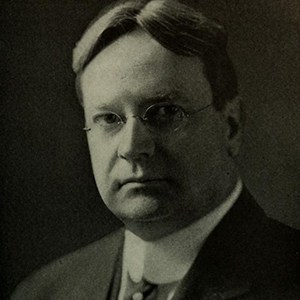Hiram Johnson served as Governor of California from 1911 to 1917 and was a five-term member of the U.S. Senate. A career Progressive, Johnson unsuccessfully ran alongside Theodore Roosevelt on the 1912 “Bull Moose” ticket.
Early Life
Hiram Johnson was born in Sacramento, California in 1866. After attending the University of California, he was admitted to the bar and joined his family’s law practice. He later gained notoriety as the special prosecutor in a high-profile corruption trial. In 1910, Johnson was elected Governor of California.
Political Career
During his two terms in office, Johnson enacted a number of progressive reforms. Under his leadership, California implemented a system for popularly electing U.S. senators and authorized recalls and referendums at the state level. Johnson also increased regulation of the railroad industry by establishing a railroad commission to oversee the Southern Pacific Railroad. He also enacted the Alien Land Law and the California Land Act.
Johnson helped found the Progressive Party in 1912. The party became known as the “Bull Moose Party” after former President Theodore Roosevelt said he felt as strong as a “bull moose” after breaking from conservative Republicans. As a leader of the progressive movement, Johnson was also the party’s choice to run for Vice-President alongside Roosevelt. The Progressives lost the election to the Democratic ticket of Woodrow Wilson and Thomas R. Marshall.
Later Career
In 1916, Johnson successfully ran for Congress. When Theodore Roosevelt died in 1919, Johnson was the natural heir to the Progressive Party. However, when he ran for President the next year, he did not attempt to revive the Progressive Party, but ran as a Republican. Johnson lost the Republican presidential nomination to U.S. Senator Warren Harding of Ohio.
While he never made it to the White House, Johnson went on to serve in the U.S. Senate for nearly 30 years, holding the office until his death on August 6, 1945.








